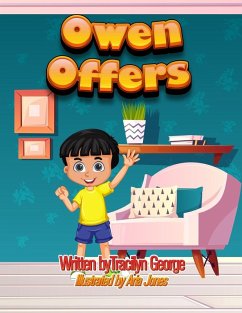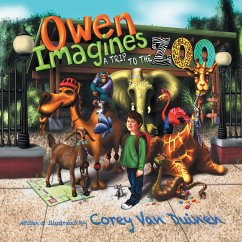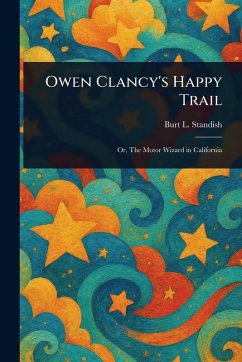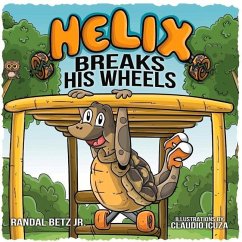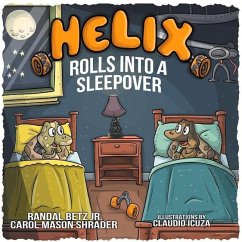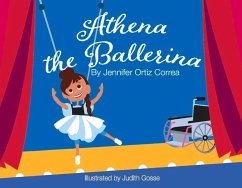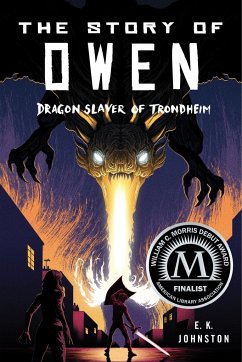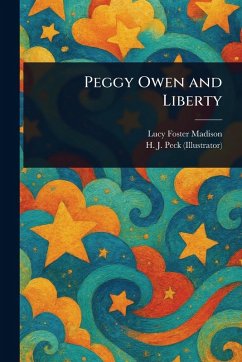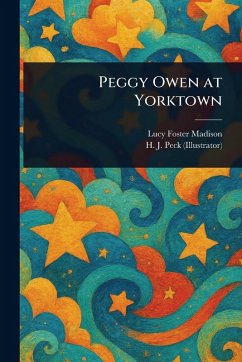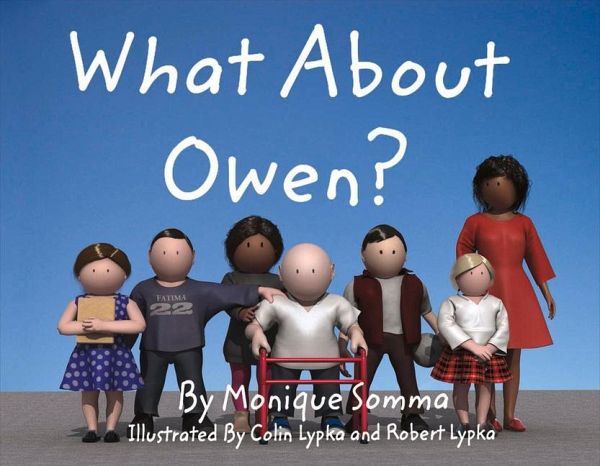
What about Owen?: Volume 1
Versandkostenfrei!
Versandfertig in über 4 Wochen
9,49 €
inkl. MwSt.

PAYBACK Punkte
5 °P sammeln!
From the author: In raising my own children to be inclusive towards others, I am proud of their curiosity and challenged with frustration about the questions they ask. Let me explain. I feel proud when my compassionate four-year old asks me questions about the abilities of a child with physical challenges at her school: "Mommy, Nicky is like a baby right?" or "Nicky was crying today and his helper said that he was cranky. Why do you think he was sad mommy?", and my intuitive seven-year old son makes a statement such as," Mommy, I think Nicky should be in his class with his classmates more. Why...
From the author: In raising my own children to be inclusive towards others, I am proud of their curiosity and challenged with frustration about the questions they ask. Let me explain. I feel proud when my compassionate four-year old asks me questions about the abilities of a child with physical challenges at her school: "Mommy, Nicky is like a baby right?" or "Nicky was crying today and his helper said that he was cranky. Why do you think he was sad mommy?", and my intuitive seven-year old son makes a statement such as," Mommy, I think Nicky should be in his class with his classmates more. Why is he not in his classroom?" Although I encourage my children to express their ideas and ask questions about issues of fairness, I also feel discouraged and a little bit frustrated that their teachers are not able to challenge my children and the rest of the students in ways that get them really thinking about the similarities they share with children who seem at first glance to be so different from them. As an educator myself, I understand the many challenges and pressures faced by elementary teachers today. Classrooms are more diverse than ever before and meeting the expectations of the curriculum becomes a great task. As a researcher, I also recognize the impact of shifting perceptions and practice for students with exceptionalities requires training and experiences which all too often are not readily available and accessible for teachers. In conversations with other educators, some colleagues, some friends and some strangers, I have come to understand that despite their best intentions for including students with exceptionalities in their classrooms, even good teachers do not always know 'how' to best meet the needs of the students with exceptionalities. From my teaching experience I came to realize that the other students in my classroom were the best tool I could use to create an inclusive class. By teaching them to think critically about the beliefs they may have about people who have different abilities they can challenge the barriers that society places for people with exceptionalities. By giving them the strategies and the background information they need, they become advocates not only for students with exceptionalities but also for all of their peers. Although this seems like a lot of work, once you start, it all falls into place. I challenge you to consider how you would respond to your young child who asked the questions that mine did. Would you tell your four-year old that maybe Nicky is 'cranky' because he wants to tell his teacher something and does not have a way to do this? Would you tell your seven-year old that he's right - that Nicky should be with his class and that maybe his teachers just don't know how to make it work? Perhaps if more of us consider the alternative where children don't need to ask these questions because they already know the answer, students will be accountable for each other and I wouldn't have felt compelled to write this book. "What About Owen" is a story about a teacher who provides her young students the opportunity to challenge barriers that exist for their classmate. Although it is a fictional tale, the characters in the story are very real in all schools and in all classrooms. This story provides a beginning for conversations and curriculum activities that are endless.




